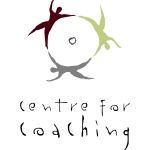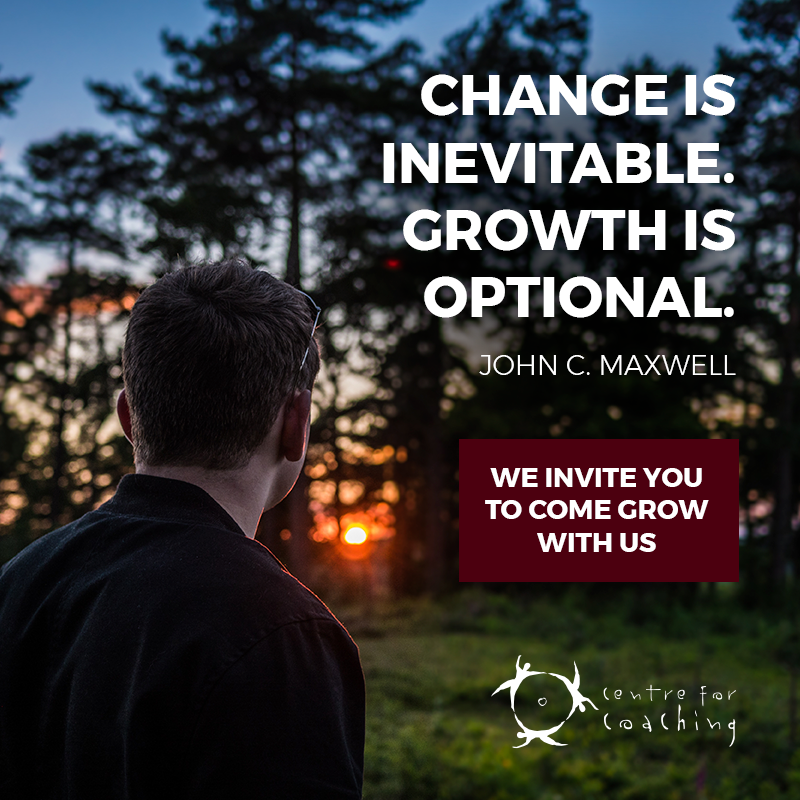Global challenges are impacting all life on the planet. We experience political instability, conflicts, inequality on various levels, a lack of social well-being, and serious sustainability challenges related to the natural environment. Humanity ignores this reality at its own peril. But what difference can coaching make in the midst of all of this?
At the Centre for Coaching, we believe that the integral approach to coaching fundamentally helps to develop the capacity in people to live and work in a more harmonious, co-creative and integrated way.
Our commitment is to bring different groups of people together to live and work in harmony. In our work, we have observed that the more each individual embodies and integrates the various levels of what it means to be human (the mind, the emotions, the body, as well as the relational and spiritual) the more we are able to live in a more harmonious way with ourselves, with others and the environment.
The Integral approach to coaching embraces the mystery of being human – not as a problem to be solved, but as a universe to be explored and honoured. This approach is based on Integral theory, which states that in order to have a real, lasting impact on another human being, we must consider their full, complete selves; we must see them for who they really are, not only for part of who they are.
In fact, the Integral approach is what happens when two people develop a professional relationship that is grounded in mutual trust and respect directed toward a set of clear outcomes, guided by presence, and informed by broad models about what it means to be a human being. Integral coaches assist their clients by witnessing and reflecting back their way of being in the world. It is a methodology. It is an integration project. Being coached is a moment when you feel deeply connected to yourself and others, with a deep awareness of yourself and your life, and you take practical steps to move forward in life. It is both simpler and more complex than it sounds. And, at its heart, this Integral approach to coaching is not just an “it” we can see and hear from the outside, it is also the “I” that lives in our thoughts and emotions, and the “we” that connects us to each other in language and culture.
In working with the whole person, emphasis is placed on understanding the person’s “structure of interpretation”, how the person makes sense of and relates to the world, as that drives behaviour. The purpose of coaching is to shift behaviour because that in turn leads to new outcomes. The two ways that Integral coaches support their coachees in making behaviour shifts is through language and practices (habitual patterns of behaviour involving the body), to broaden the “structure of interpretation” of the coachee over the long-term.
The field of Integral coaching draws on five main theoretical streams; philosophy, biology & neuroscience, psychology, narrative & language and finally, to work on the way of being and sense of meaning and purpose of any human, we do need to also consider the role that spirituality plays in the way in which we engage with ourselves and others.
Interview words
Integral– meaning the inclusion of everything, the entirety and complete whole. When combined with coaching, it examines a school of thought and development that approaches change systematically – with the ultimate goal of change that is whole and complete.
Integral theory– recognized as one of the most comprehensive knowledge frameworks available, has been translated and incorporated into applications around the world and in various fields of education, medicine, politics and business.
Understanding Integral Theory– allows for the perspective where we realize that different schools of thought and disciplines, all have partial approaches that, when combined, offer a more complete or whole, inclusive integral map of development and improvement.
An Integral approach to coaching– attends to the individuality of the person as well as the social context in which they are embedded in. Everything about who they are is included, as well as being mindful of their ultimate potential.
The outcomes– these are long-term excellence, the ability for self-correction and a competence in self-generation. Integral coaching then enables or equips people to identify and then work with learned patterns or behaviours – building towards going in new directions – creating new avenues of forward mobility.
The combination of this Integral Coaching approach, new objectives, and a broader perspective then enables complex long-lasting, focussed development and positive change.





